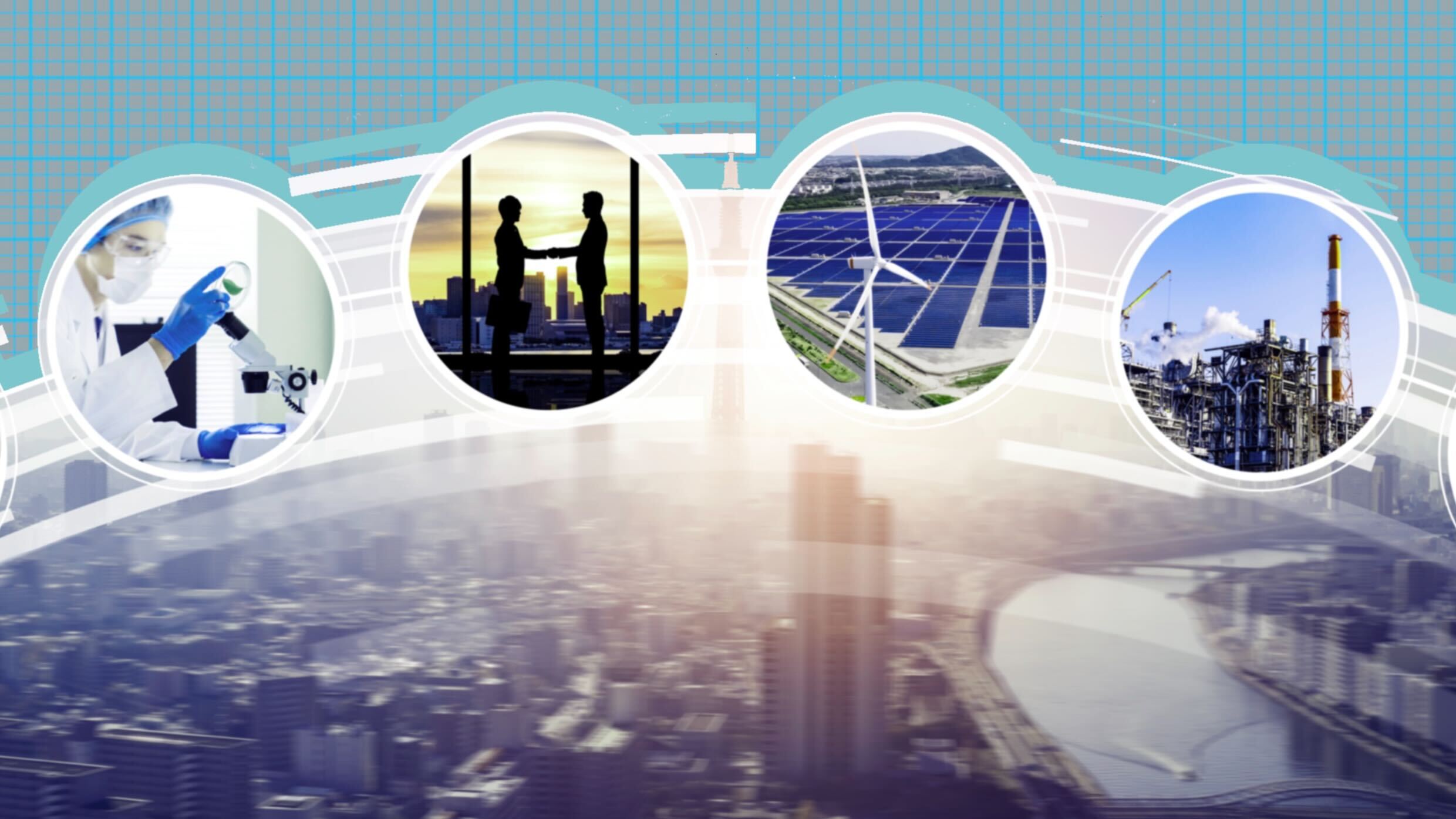- | 6:05 pm
What will shape the future? Leaders at WGS in Dubai discuss technology and decarbonization
On Day 1, the leaders at the World Government Summit addressed challenges hindering sustainable growth and prosperity

The global economy is facing uncertain times, geopolitical conflicts, persistent inflationary pressures, and greenhouse gas emissions, among many other problems. This has created a setback in progress and has become a significant challenge for the world’s future growth and prosperity. The 10th World Government Summit (WGS), which kicked off in Dubai, addressed many of these challenges while foreseeing future governments. The three-day event attracted over 10,000 attendees from governments, businesses, and experts.
In his opening address, the UAE Minister of Cabinet Affairs and WGS Chairman, H.E. Mohammed Abdullah Al-Gergawi, mentioned that the lack of action by some governments has led to many problems, including the ongoing conflict in Ukraine that has resulted in a large number of refugees and a cost of $2.8 trillion.
“Our reality, expectation, and understanding of the future have changed. We have seen events that have changed the world faster than we imagined,” said Gergawi.
He also stressed that the global average rate of government readiness for AI is less than 50%, and governments’ adoption of AI technologies has become inevitable.
“It is no longer an option, and many governments have lost the battle of trust to companies because of their delay in adopting advanced technologies,” the UAE Minister of Cabinet Affairs noted.
Following the minister’s address, Professor Klaus Schwab of the World Economic Forum (WEF) took the stage, calling for a $3 trillion investment per year to achieve energy requirements and zero carbon emissions by 2050. He advised governments to embrace new technologies and upskill to stay relevant.
“After a crisis, you want to return to your point of origin as quickly as possible,” Schwab said. “However, in a transformation, you want to manage change and come out of it better than before.”
“In 2050, the world will have 10 billion inhabitants, but it still needs energy,” he added. “And we have to reach the objectives of the Paris Agreement and decarbonize to reach zero carbon emissions or net zero.”
The session by WTO chief Okonjo-Iweala highlighted the need for reform and pointed out the difficulties faced by developing countries in accessing the WTO’s system.
Socio-economic issues such as political instability, green energy, and sustainable development were discussed during the summit. The Dubai Urban Plan 2040 was a key topic for the UAE. “Cities with traditional urban planning should reconsider replacing them with one that goes hand in hand with technological advancement and changing needs of the people,” said Mattar Al Tayer, Director General, Chairman of the Board of Executive Directors of the Roads and Transport Authority.
IMF MD Kristalina Georgieva called for support for the earthquake-ravaged Syria and Turkey. “It is now a moment for all of us to stand by people devastated and to get aid to move faster to reach those who need it,” she said. “It is the responsibility of the international community to act as one.”
Egyptian president Abdel El Sisi highlighted the energy crisis as a major challenge faced by the government. “We have extensively worked on automating our services. We started last year, and we expect to achieve great development this year,” he said.
In a session titled The Built Environment in the Context of Climate Change, Prince Rahim Aga Khan, Chairman of the Environment and Climate Committee at the Aga Khan Development Network, said, “We must quickly and deliberately reduce greenhouse gas emissions from our urban centers and use all available solutions to reduce emissions that have already been made.”































